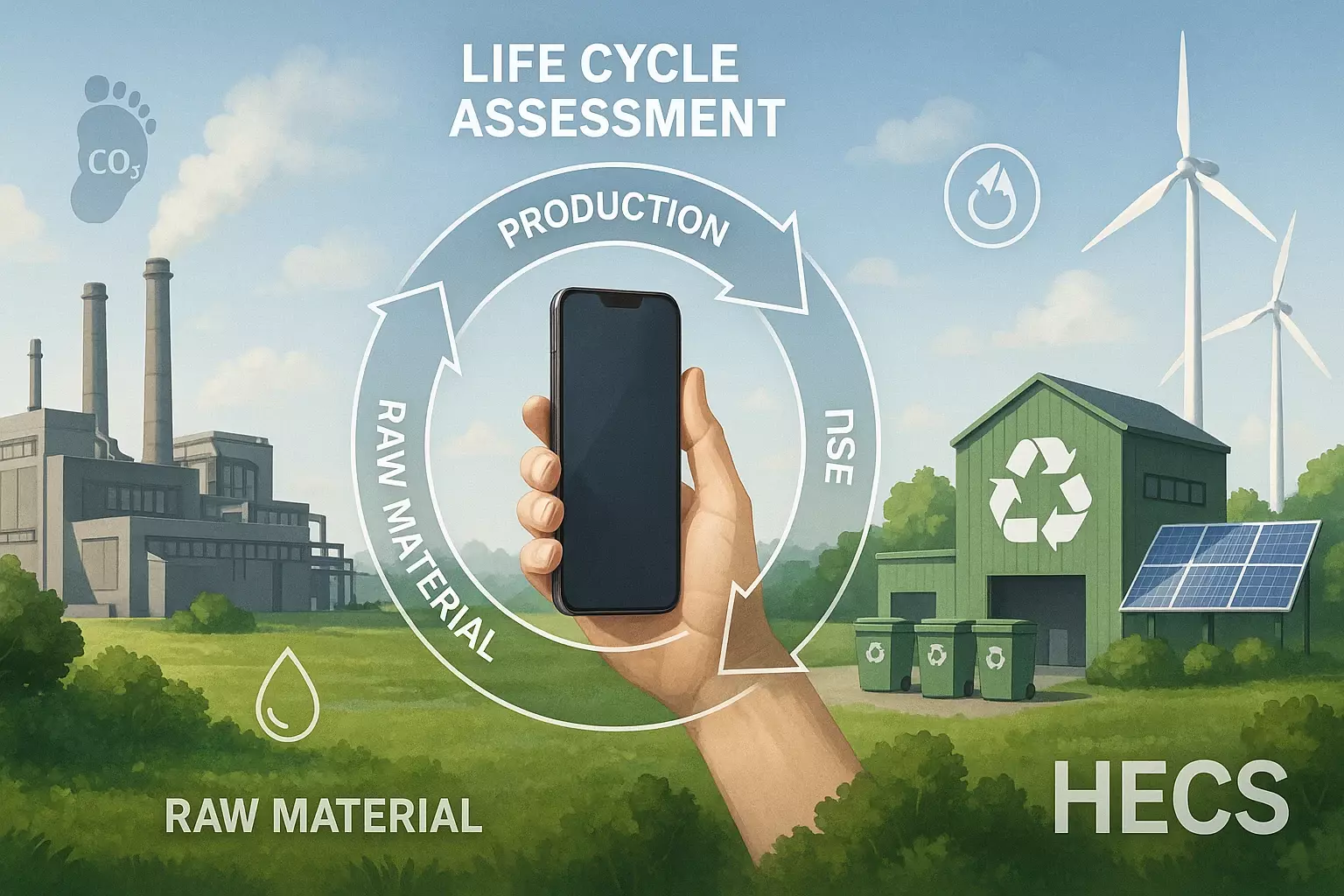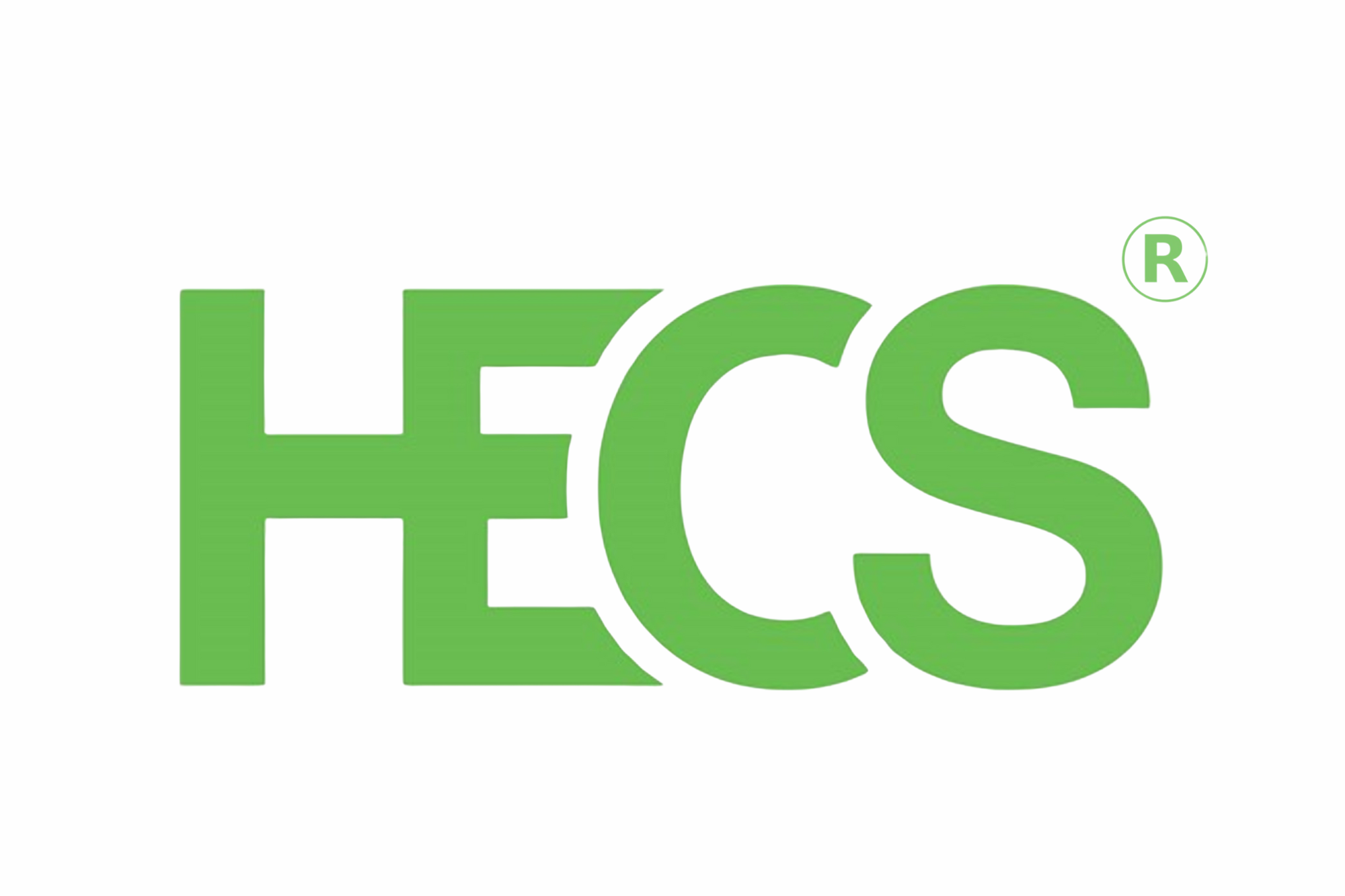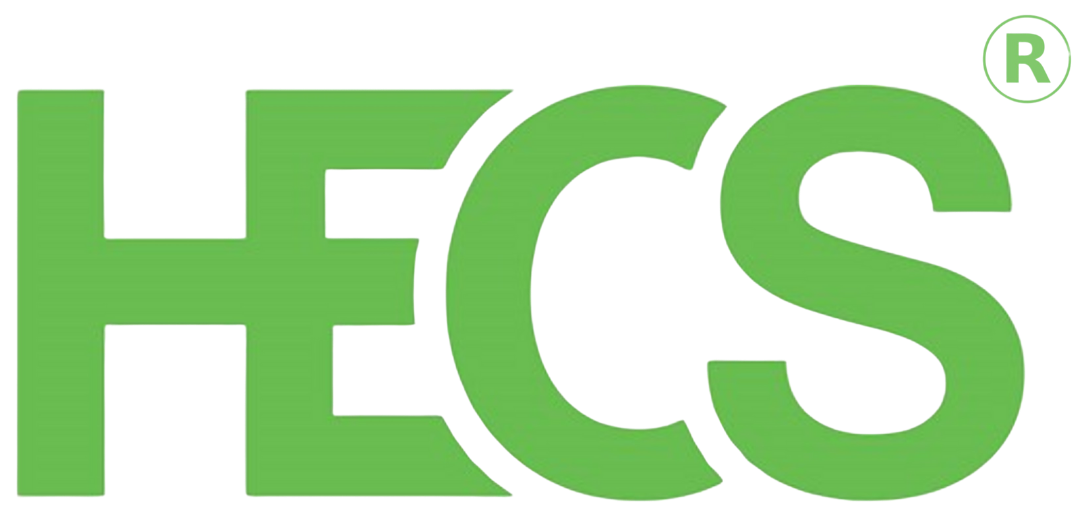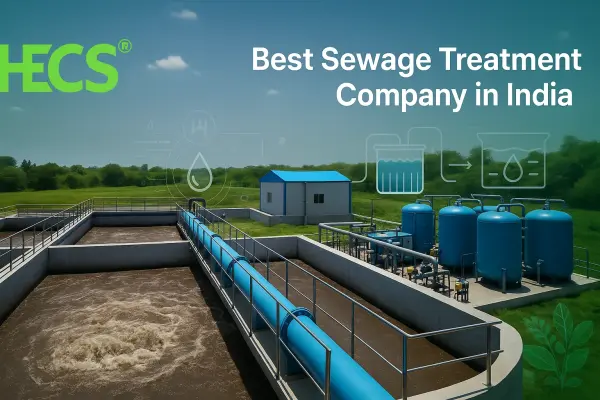
Life Cycle Assessment: Environmental Impact Analysis and Sustainable Product Development

Life Cycle Assessment
In today's environmentally conscious marketplace, Life Cycle Assessment (LCA) has become the gold standard for measuring environmental impact across product lifecycles. Whether you're a manufacturer seeking sustainable design solutions or a business leader implementing ESG strategies, understanding LCA methodology is essential for making data-driven environmental decisions that drive competitive advantage.
LCA evaluates the environmental burdens associated with every stage of a product's life, from raw material extraction and production to usage and disposal. Identifying energy use, emissions, and resource depletion, it enables companies to reduce their carbon footprint, comply with regulations, and align with circular economy goals. In an era where sustainability is a key differentiator, LCA not only supports regulatory compliance but also enhances brand reputation, stakeholder trust, and long-term business resilience.
What is Life Cycle Assessment?
Life cycle assessment is a systematic methodology for evaluating the environmental impacts of products, services, or processes throughout their entire lifecycle—from raw material extraction to end-of-life disposal. This comprehensive approach, also known as cradle-to-grave analysis, provides quantitative insights into environmental performance across multiple impact categories.
The LCA methodology examines four critical life cycle stages:
Raw material acquisition and processing
Manufacturing and production processes
Use the phase and product distribution
Waste management and disposal/recycling
LCA Methodology: The Four-Phase Framework
Phase 1: Goal and Scope Definition
The foundation of any successful LCA study begins with clearly defining objectives and establishing system boundaries. This phase determines the functional unit, impact categories to assess, and the level of detail required for meaningful environmental impact assessment.
Key considerations include:
Product comparison objectives
Carbon footprint calculation requirements
Sustainability reporting needs
Regulatory compliance goals
Phase 2: Life Cycle Inventory (LCI) Analysis
Life cycle inventory involves comprehensive data collection for all inputs (energy, raw materials, water) and outputs (emissions, waste, and co-products) within the defined system boundaries. This quantitative phase forms the foundation for accurate environmental impact calculations.
Critical inventory elements:
Energy consumption data
Material flow analysis
Greenhouse gas emissions quantification
Water usage and waste generation
Transportation and logistics impacts
Phase 3: Life Cycle Impact Assessment (LCIA)
The impact assessment phase translates inventory data into potential environmental impacts using scientifically based characterisation factors. This analysis covers multiple environmental categories essential for a comprehensive sustainability assessment.
Primary impact categories include:
Climate change and global warming potential
Ozone depletion and acidification
Eutrophication and ecotoxicity
Resource depletion and land use
Human health and biodiversity impacts
Phase 4: Interpretation and Decision Support
The final phase involves analysing results, identifying significant impacts, and drawing conclusions that support informed decision-making for sustainable product development and environmental management.
Benefits of Life Cycle Assessment for Business Strategy
Strategic Advantages:
Product optimisation through environmental hotspot identification
Supply chain sustainability improvement opportunities
Enhanced brand reputation through transparent environmental claims
Cost reduction via resource efficiency optimisation
Regulatory compliance and green certification support
Competitive Benefits:
Eco-design innovation and market differentiation
Circular economy strategy development
Stakeholder engagement through credible environmental data
Risk mitigation and future-proofing business operations
LCA Applications Across Industries
Manufacturing and Product Development
Life cycle thinking drives innovation in product design, enabling manufacturers to identify environmental improvement opportunities while maintaining performance and cost-effectiveness. Sustainable manufacturing practices informed by LCA reduce environmental footprints while enhancing operational efficiency.
Green Building and Construction
The construction industry leverages LCA for building materials selection, energy system optimisation, and achieving LEED certification. Environmental product declarations (EPDs) based on LCA provide transparent environmental information for informed building design decisions.
Renewable Energy and Technology
LCA plays a crucial role in evaluating renewable energy technologies, comparing the environmental benefits of solar, wind, and other clean energy systems across their entire lifecycles, and supporting net-zero transition strategies.
How HECS Transforms Your LCA Implementation
At HECS, we specialise in delivering comprehensive life cycle assessment services that transform environmental data into actionable business intelligence. Our expert team combines technical expertise with industry knowledge to deliver LCA solutions that drive both environmental performance and business value.
Our LCA Service Portfolio:
ISO 14040/14044 compliant LCA studies
Carbon footprint and water footprint analysis
Environmental product declarations (EPD) development
Sustainability consulting and strategy development
Life cycle costing (LCC) integration
Circular economy assessment and optimisation
Getting Started with Professional LCA Services
Implementing effective life cycle assessment requires technical expertise, comprehensive databases, and industry-specific knowledge. Successful LCA projects follow a structured approach that ensures accuracy, relevance, and actionable insights.
Implementation Steps:
- Project scoping and objective definition
- Data collection strategy development
- LCA modelling and calculation
- Impact assessment and interpretation
- Report generation and stakeholder communication
- Continuous improvement integration
Partner with HECS for Comprehensive LCA Solutions
Ready to harness the power of life cycle assessment for strategic environmental decision-making?
HECS provides the technical expertise, industry knowledge, and proven methodologies needed to deliver LCA insights that drive both environmental performance and business success.
Our sustainability experts work collaboratively with your team to develop customised LCA solutions that meet your specific objectives while supporting broader ESG goals and environmental management systems.
Contact HECS today to discover how professional life cycle assessment can transform your environmental strategy, enhance product sustainability, and create competitive advantages in today's environmentally conscious marketplace. Start your LCA journey with confidence, because informed environmental decisions create lasting business value and environmental impact.
Share this post:





